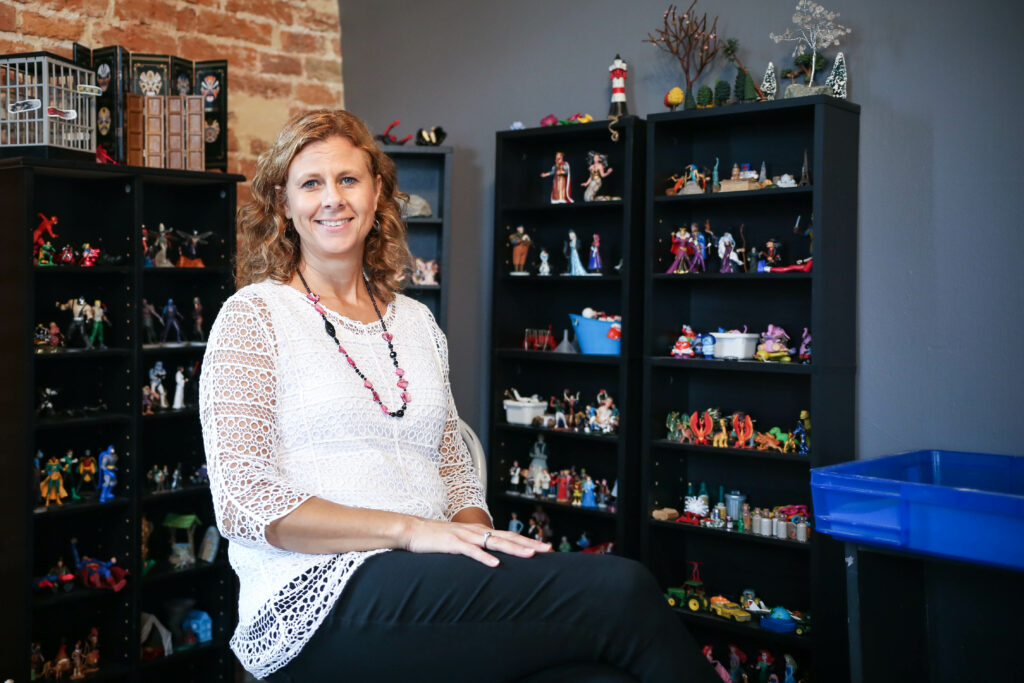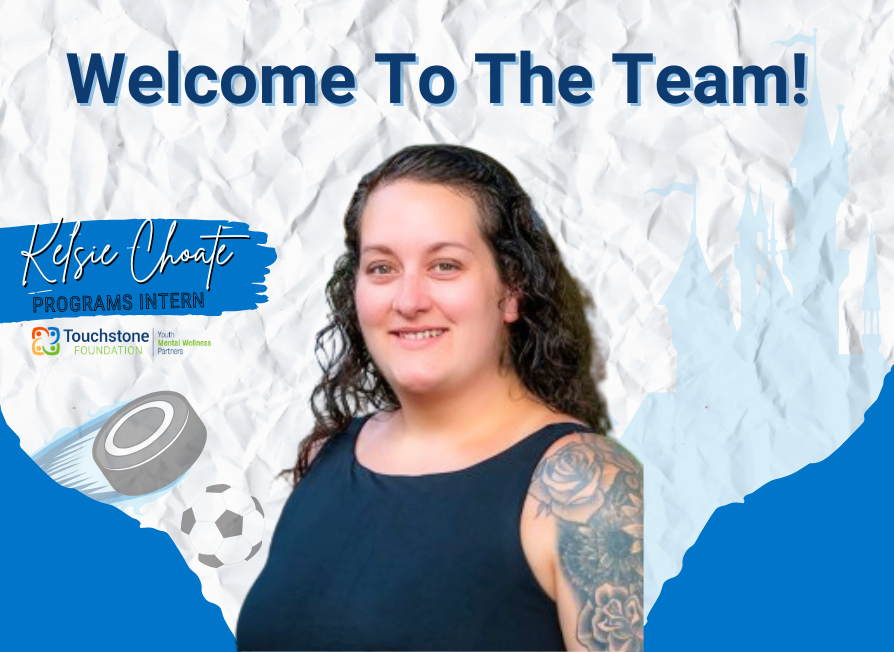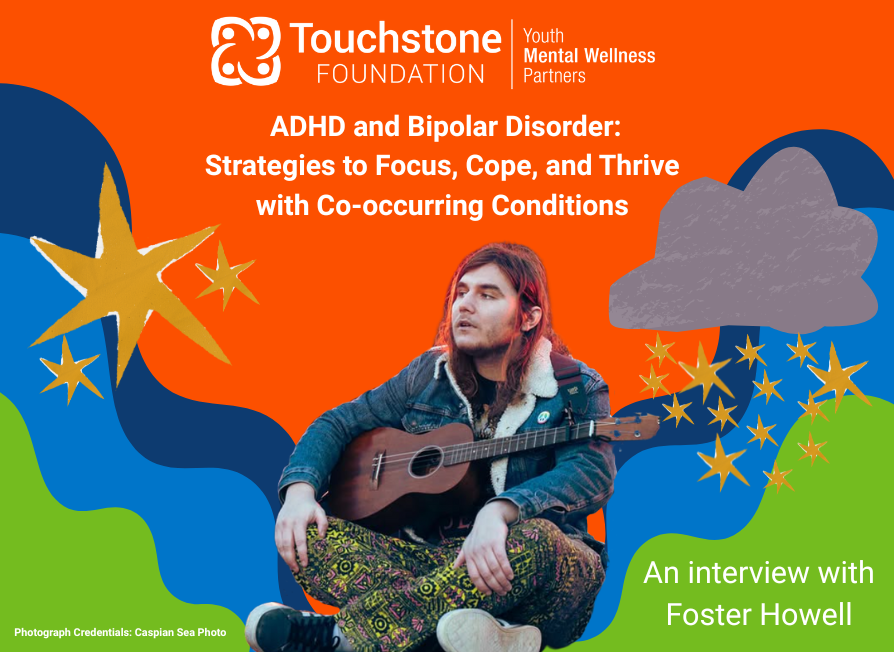
It’s difficult to become a licensed therapist in Pennsylvania. Candidates, or fellows, must obtain 3,000 hours, or the equivalent of 75 weeks, of oversight by a qualified supervisor. Most qualified supervisors already carry full caseloads, making it challenging to find time to participate in clinical supervision programs. As a result, many fellows end up working as part-time, unpaid social workers or even pay supervisors in exchange for supervision. When this happens, the process slows down, and it can take years to accumulate enough hours to become licensed.
LOHF has created grants for clinical supervision, with funding in partnership with the Steinman Foundation, to help more fellows accelerate the licensing process. In addition to a framework that includes regular check-ins, educational events, and training programs, the program reimburses qualified supervisors, relieving the financial burden on practices while also ensuring that fellows are paid and able to pursue licensing full-time. By reducing the financial burden while also providing additional educational resources, LOHF seeks to accelerate the licensing process and increase the number of licensed therapists in Lancaster County.
Supporting Matters of the Heart’s Clinical Supervision Program
Karen Mummau, Clinical Social Work/Therapist, MSW, LCSW, was already dedicated to helping fellows before becoming part of the LOHF clinical supervision initiative. “I enjoy providing supervision to up and coming therapists,” she says, “and this program offered a great opportunity to do that and have the ability to reduce the cost to those who need supervision.”
Mummau is a Clinical Director at Matters of the Heart Counseling in East Petersburg. Matters of the Heart focuses on human development across the lifespan, offering services for young children on up, including people facing death and dying decisions. She currently supervises two full-time fellows and one part-time fellow.
With more than two decades of counseling and social work experience, Mummau knows that working with a fellow is a big commitment. It’s also an essential step in improving access for Lancaster County residents. She explains, “This program makes it very affordable to people seeking a therapist license, and affordability is a barrier.” Matching fellows with experienced supervisors is also a challenge in many programs. “I feel that the people who were chosen to provide the supervision in this program really are quality supervisors,” Mummau adds, “and quality supervisors are often hard to come by.
“This is a great opportunity for people seeking a therapist license,” she continues. “It’s a developing program, and there’s a lot of opportunities for the fellows to experience clinical growth that they wouldn’t have had otherwise.”
About LOHF Grants
LOHF’s grants elevate youth and children’s mental well-being by supporting local programs that help us answer one or both of our two big questions: How can we build the talent pipeline in behavioral healthcare for youth and children in Lancaster County? And how will we improve access to mental well-being for youth and children in Lancaster County?
We encourage applicants to replicate existing successful models and work collaboratively with others to improve mental health services for youth and children ages birth to 26. Additional funds will be available in Spring 2021. To learn more, please visit http://www.lohf.org/grants.




